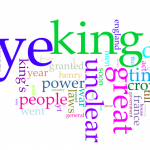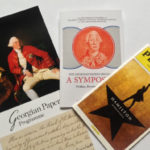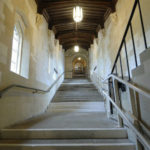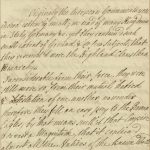Publishing the Unpublished: Sir John Fortescue and the Correspondence of George III
Posted on: September 17th, 2018 by geoIII No Comments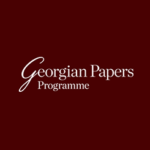
By Rachael Krier, Metadata Creator at the Royal Archives Correspondence In my last blog post , I wrote about using The Correspondence of King George III 1760-1783 edited by Sir John Fortescue in cataloguing the official papers of George III. Until recently, the accepted view has been that Fortescue’s Correspondence is widely inaccurate and incomprehensive whereas… Read More »

